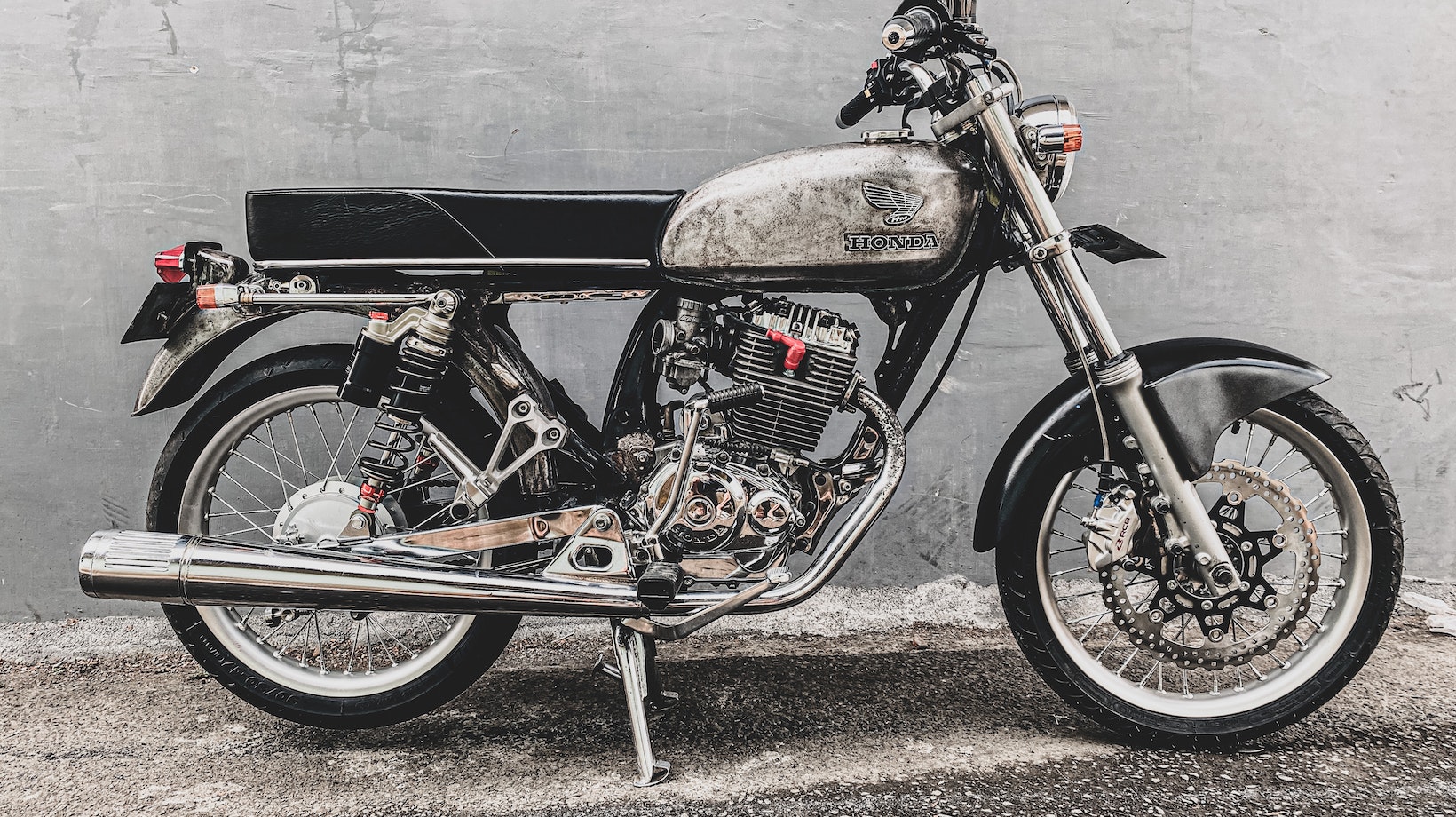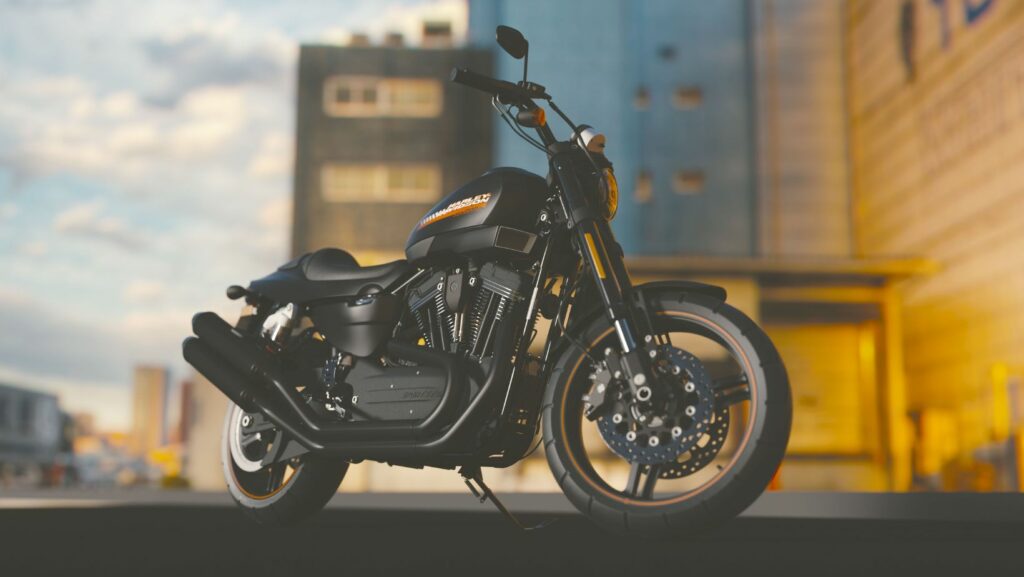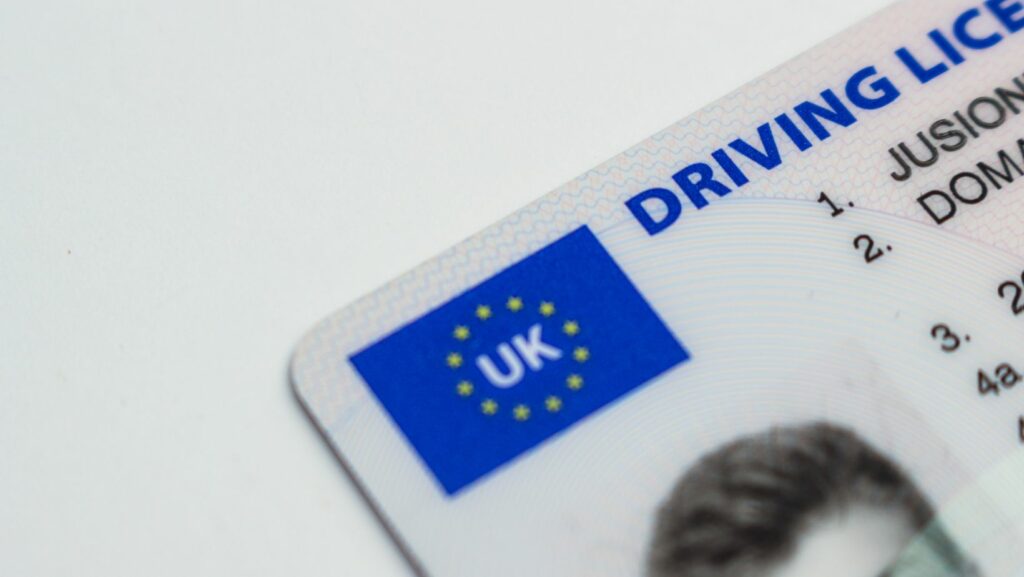Honda Motorcycle Oil Filter
By using a genuine Honda motorcycle oil filter, you can have peace of mind knowing that you’re providing your bike with the best possible protection against harmful debris. Regularly replacing the oil filter along with routine oil changes will help keep your Honda motorcycle’s engine in top condition, prolonging its lifespan and enhancing overall performance.
In conclusion, when it comes to maintaining your Honda motorcycle, don’t overlook the importance of a reliable oil filter. By investing in a genuine Honda motorcycle oil filter and staying consistent with regular replacements during routine maintenance, you can ensure that your bike’s engine remains protected and performs at its best for years to come.
The Importance Of Regularly Changing Your Honda Motorcycle Oil Filter
- Improved Engine Performance: A clogged or dirty oil filter restricts the flow of clean oil to the engine, leading to reduced lubrication and increased friction between moving parts. By replacing the oil filter at recommended intervals, you ensure that fresh, clean oil reaches every nook and cranny of your engine, resulting in smoother operation and improved overall performance.
- Extended Engine Life: Clean oil is essential for minimizing wear and tear on engine components. Over time, tiny particles can accumulate in the old filter media, reducing its filtration efficiency. By replacing the filter regularly, you prevent these contaminants from reaching critical engine parts such as bearings and pistons. This helps extend the lifespan of your Honda motorcycle’s engine by reducing unnecessary friction and preventing premature wear.
- Enhanced Fuel Efficiency: When an oil filter becomes clogged or dirty, it can negatively impact fuel efficiency. A restricted flow of clean oil means less efficient lubrication for engine components, leading to increased friction and reduced fuel economy. By ensuring timely replacement of your Honda motorcycle’s oil filter according to manufacturer recommendations or more frequently under severe riding conditions (such as frequent off-road use), you maintain optimal fuel efficiency throughout its lifespan.
Signs That It’s Time To Replace Your Honda Motorcycle Oil Filter
- Decreased Performance: If you notice a decrease in your motorcycle’s overall performance – such as reduced power output or sluggish acceleration – it could be due to a clogged or dirty oil filter impeding proper lubrication of vital engine components. Replacing the oil filter can help restore optimal performance.
- Unusual Engine Noises: A worn-out or clogged oil filter can result in increased friction between moving parts within the engine. This can lead to unusual noises like knocking or ticking sounds. If you hear any abnormal engine noises during operation, it might be an indication that the oil filter needs replacement.
- Oil Contamination: If you inspect your old motorbike engine oil and notice visible particles or discoloration, it could be an indication of a compromised filtration system. The presence of debris or sludge in the used motorbike engine oil suggests that contaminants are bypassing the oil filter. In such cases, replacing the oil filter is necessary to prevent further engine damage.

Common Mistakes To Avoid When Changing Your Honda Motorcycle Oil Filter
- Neglecting to use the correct oil filter: Using the wrong oil filter can have detrimental effects on your Honda motorcycle’s engine performance and longevity. It’s crucial to choose a high-quality, genuine Honda motorcycle oil filter that is specifically designed for your model. This ensures proper fitment and optimal filtration efficiency.
- Failing to properly prepare: Before starting the oil filter change, take a moment to gather all the necessary tools and equipment you’ll need. This includes an appropriate wrench or socket set, an oil catch pan, fresh engine oil, and of course, the new Honda motorcycle oil filter. Being prepared ahead of time will save you from unnecessary frustration and potential delays.
- Rushing the process: Changing an oil filter may seem like a simple task, but rushing through it can lead to mistakes or oversights. Take your time and follow the manufacturer’s instructions carefully. Pay attention to details such as torque specifications when tightening the new filter or ensuring proper alignment with any gaskets or seals.
- Forgetting to lubricate the seal: Lubricating the rubber seal on your new Honda motorcycle oil filter is crucial for achieving a proper seal without leaks. Apply a small amount of clean engine oil onto your finger or a cloth and evenly coat the rubber seal before installing it onto the engine block.
By avoiding these common mistakes and following proper procedures, you can confidently change your Honda motorcycle oil filter without any issues. Regularly maintaining your oil filter will help prolong the life of your engine and ensure optimal performance on the road.




